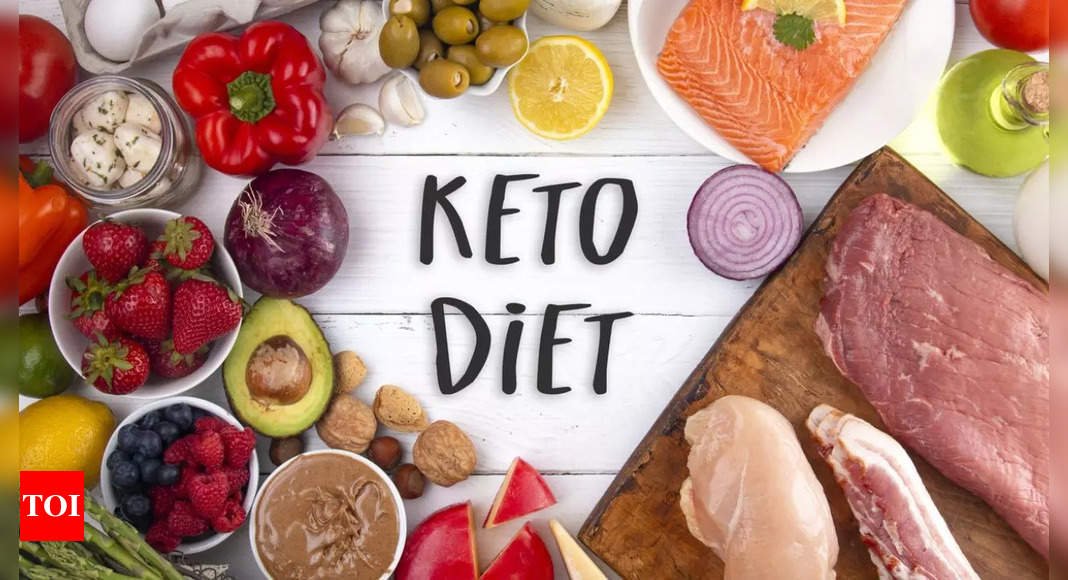The diet does promise a quick head start for weight loss enthusiasts, however, it isn’t without side effects.A recent randomised control trial on a small group of volunteers over 12 weeks has shown that the diet raises LDL cholesterol in 4 weeks and elevated levels of apolipoprotein B, a protein which speeds up buildup of plaque in arteries which can increase risk of heart disease.
What is a keto diet?
People following this diet lose weight by eating fats and eliminating carbs from their diet to reach a stage of ketosis where the body burns fat for energy instead of glucose as it doesn’t have enough carbs to burn. The diet is recommended for a short span of time, as it it is low in fibre, vitamins and minerals, which in long term can cause nutrient deficiency, apart from liver, and kidney problems.
Why is it popular among people?
Keto diet is popular among followers as they get to eat all kinds of healthy as well as unhealthy fats with each of their meals. Some of the foods that people can eat on this diet are almonds, walnuts, avocados, seeds, olive oil, coconut oil, butter, etc.
Keto diet side effects on gut health
Keto diets have been gaining popularity due to their benefits in weight loss, type 2 diabetes mellitus, PCOS and traditional use in epilepsy. A high-fat, low-carbohydrate diet with adequate protein is referred to as Keto diet. Experts say the diet pattern can affect gut microbiome.
“A significant changes in the diet affects the gut microbiome. The changes in macronutrient composition in keto diet affects the concentration and composition of gut microbiota. Keto diet being low in fibre affects the digestive tracts and alters the Bifidobacterium gut flora. However the long term data to support the negative as well as positive changes in gut flora are lacking,” says Nutritionist Priya Palan.
Impact of keto diet on cholesterol
The study highlights that the diet not just raises good cholesterol that is heart-friendly but in some people it can also increase LDL or bad cholesterol, which can raise the risk of heart disease.
“The diet can decrease triglycerides and increase high-density lipoprotein (HDL), or “good” cholesterol; however, in certain people, it can also increase low-density lipoprotein (LDL), or “bad” cholesterol. For people following a ketogenic diet, especially those with a history of cardiovascular problems, continuous monitoring is essential since this elevation in low-density lipoprotein cholesterol may raise the risk of heart disease,” says Vanshika Bhardwaj, Senior Dietician, Marengo Asia Hospitals, Gurugram.
It is important for anyone following the ketogenic diet to eat low-carb, high-fibre foods like leafy greens, nuts, and seeds to help reduce these side effects.
Fatty liver diet: Best and worst foods for your liver
